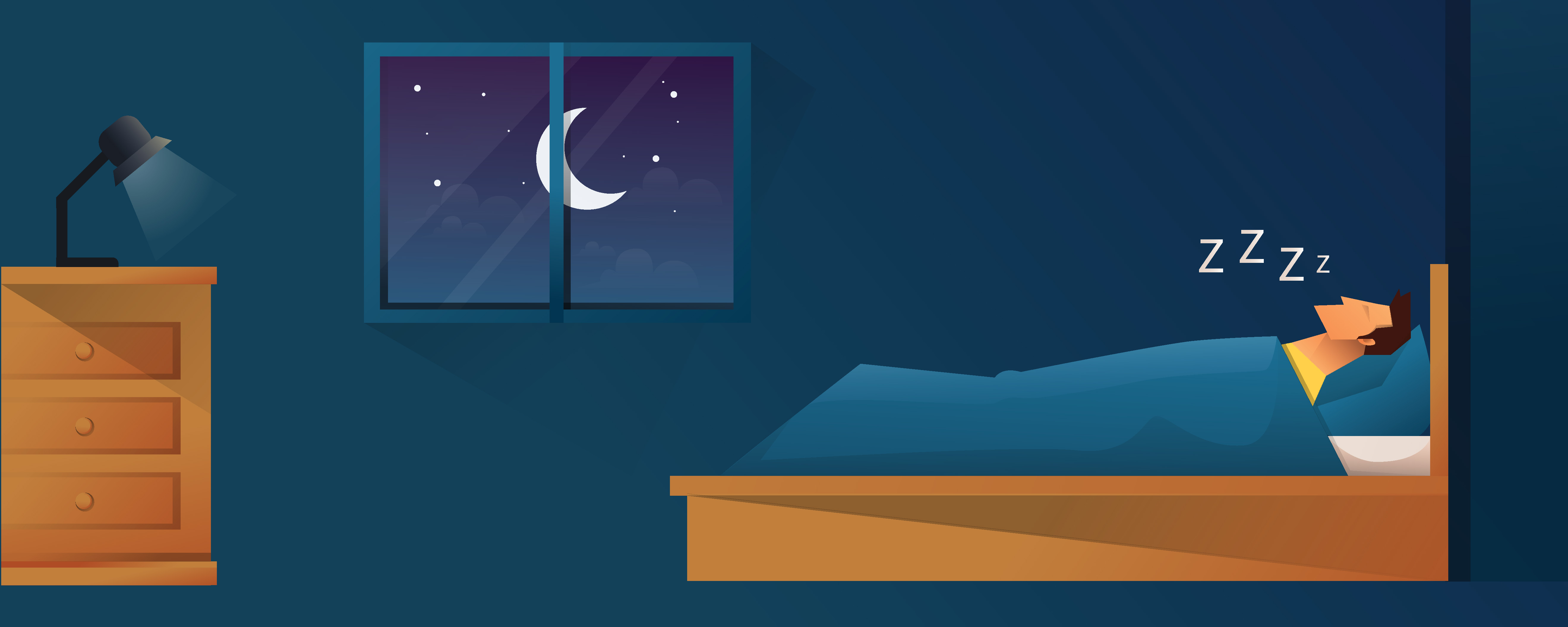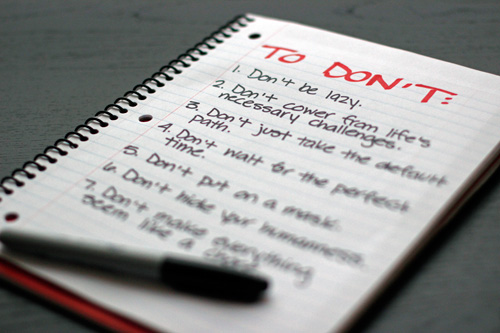There are infinite ways you can practice self-care. Here are dozens of ideas to get you started.
Are you feeling a little under-self-cared-for? Many things can get in the way of us taking care of ourselves, including family caregiving responsibilities, work, social commitments, and more.
But, ultimately, when we do take care of ourselves and our needs is when we’re best able to show up for all of the other people and responsibilities in our lives.
“Self-care is not selfish”.
Need some self-care inspiration?
We’ve rounded up a list of self-care tips meant to inspire your health and wellness anytime — while helping you feel less stressed and more resilient.
1. Prioritize Sleep — Your Mood and Immune System Are Counting on It

2. Know Your Personal Signs of Stress

3. Work. It. Out.
Exercise releases endorphins (hormones that make you feel good!), sharpens focus, and aids sleep. Staying physically active also lessens the risk of mood disorders, increases energy, and improves mood overall. Talk about a one-two punch against the midafternoon slump!

4. Test-Drive a Workout You’ve Never Done Before

5. Downward Dog Like You Mean It

6. Skip, Jump, Hop, and Get Silly
Basically, if it makes you feel like a kid and a little silly, it can be a mood booster. Play in any form can cause a cascade of positive neurochemicals, such as serotonin, oxytocin, and dopamine. Even just a minute of childlike activity can cause a good-chemicals surge, especially if you’re feeling stressed.
7. Take a Forest Bath

The Japanese practice of shinrin-yoku, or “forest bathing,” simply means walking in an area with trees and deeply inhaling the air. Trees release certain chemicals, like terpenes, that have been associated with the activation of the parasympathetic nervous system, which sends your body into “chill-out” de-stress mode. The practice is so powerful that forest bathing has been shown to decrease measures of depression.
8. Play a Game

9. Avoid Mindless Snacking; Eat Intuitively Instead

10. Swap Out One Coffee for Decaf

Caffeine is one of the most researched substances, with more than 10,000 studies to date, according to a review published in November 2017 in Food and Chemical Toxicology. Not surprisingly, that’s led to a wide range of conclusions, but one that’s fairly consistent is that having too much can lead to less-than-ideal effects, the researchers conclude. They note that getting more than 400 milligrams of caffeine daily can affect your central nervous system, gastrointestinal system, and sleep quality. Check your consumption with this chart from the Center for Science in the Public Interest (and remember that not every cup of coffee is equivalent when it comes to caffeine content; it depends on the roast of coffee and how strongly it’s brewed). Too much caffeine can even increase anxiety and stress. So enjoy your buzz, but try limiting your daily amount.
11. Enjoy the Healing Power of Baking
“Self-care comes with the idea of nourishing yourself, on every level. And doing something creative can promote that feeling of well-being,”
12. Reach for High-Protein Snacks When You Need an Energy Boost

13. Keep Stress-Busting Foods on Hand

14. Leave Stress-Inducing Foods in Not-So-Convenient Places
Though you may be inclined to indulge in treats or your favorite cocktail, know that this may be counterproductive. Foods that exacerbate or mess with stress in a less-than-savory way include caffeine, alcohol, and refined sugars. You don’t have to cut them out completely, but do limit your intake and enjoy them in moderation.
15. Add More Fruits and Veggies to Your Day
Incorporating more fresh fruits and vegetables into your daily diet is a long-term strategy that supports your mental health, according to a cross-sectional survey published in April 2018 in the journal Frontiers in Psychology. A produce-packed diet supplies antioxidants that guard against oxidative stress and prevent our gut bacteria from becoming unhealthy, both of which have been linked to conditions like depression.
Some more great options to nosh on include bananas, apples, dark leafy greens, citrus fruits, and fresh berries, according to the 2018 research.
16. Develop a ‘Don’t Do’ List

“This list helps you get unstuck. You may not get this perfect the first time, but you can keep making adjustments until you’re doing more of the things that perk you up,”
17. Practice Positive Self-Talk
A major aspect of self-care is the “self” part, and that includes how you view yourself and, importantly, the language you use when talking to yourself.
Appreciate the small tasks you do during the day and remember to tell yourself “good job” — whether it’s a work task, making time for exercise, or keeping your patience when disciplining your child.
Celebrate your daily successes with positive self-talk. It might feel weird at first, but your brain will soak up that self-care goodness, and research suggests it can help begin to turn your thoughts and feelings in a happier direction (according to a paper on the topic published in 2014 in the Journal of Personality and Social Psychology).
18. Take a Few Minutes to Practice Diaphragm Breathing
Calm and measured breathing can have immediate effects on your mental and physical state, whether the tension comes from the relentless news cycle or your ever-present housemates. Do your breathing practice regularly to start or finish your day in a positive way, or try it in a moment when you need a little more zen.
19. Try Alternate-Nostril Breathing
Deep breathing is very useful for slowing down the nervous system.
If anxious thoughts keep pinging around, try this alternative strategy. First, exhale completely, then inhale deeply. On your next exhale, gently place an index finger against your right nostril to close it off. Inhale using just your left nostril. Then move your index finger to the left nostril to close that one off and exhale through only the open right nostril. Continue alternating sides and repeat for 15 rounds.

20. Give Yourself a Meditation Break

You don’t need any special equipment or space for this one; you can do it anytime, anywhere. Simply put, meditation is thinking deeply or focusing your mind for a set period of time. The benefit: Meditation can help reduce stress, ease symptoms of depression and anxiety, and regulate negative thinking. If you’re looking for another tool to add to your arsenal to combat stress, consider it.
21. Try Chilling Out With Music

22. Relax With an Audiobook
Audiobooks can transport you somewhere else just like paper books can — and they may have additional benefits, too. Turning on an audiobook, then laying down and closing your eyes to listen. “If you have racing thoughts, sometimes your inner monologue needs something else to latch onto for a while”. You may even find it easier to focus on the story because you don’t have to keep your eyes open.
23. Take a Vacation Day

24. Stand Up and Stretch
Sometimes all you need is just to change your body position for about 15 to 30 seconds to give yourself a restart.
When you make a conscious and physical shift, like standing up and stretching, your mind recognizes the change and responds in a beneficial way. Consider it a mini break for mind and body alike. Try standing up and stretching your arms high overhead, bending over to touch your toes, or sitting on the floor in a cross-legged position for a hip-opening stretch.
25. Avoid Nonstop News Consumption
It’s important to stay informed and alert to critical updates in your area, especially those that affect your health. But no one needs to listen to the same alerts and see the same headlines repeatedly, especially during times when the news can be upsetting. Experts recommend limiting news consumption to two or three sources a day to help cope with the anxiety it may bring, and checking in at regular times (not continuously) throughout the day for updates. Consider making one of your sources a local news source. And if you can, avoid checking the headlines just before bed.
26. Reap the Health Benefits of Laughter by Watching Funny YouTube Videos

27. Practice a Positive Affirmation

Spending some quiet time with yourself might be all you need. Pat your heart and say, “It’s okay. I am enough. I have enough.”

“This is a nice mantra to use when you notice you’re not feeling okay,”.


